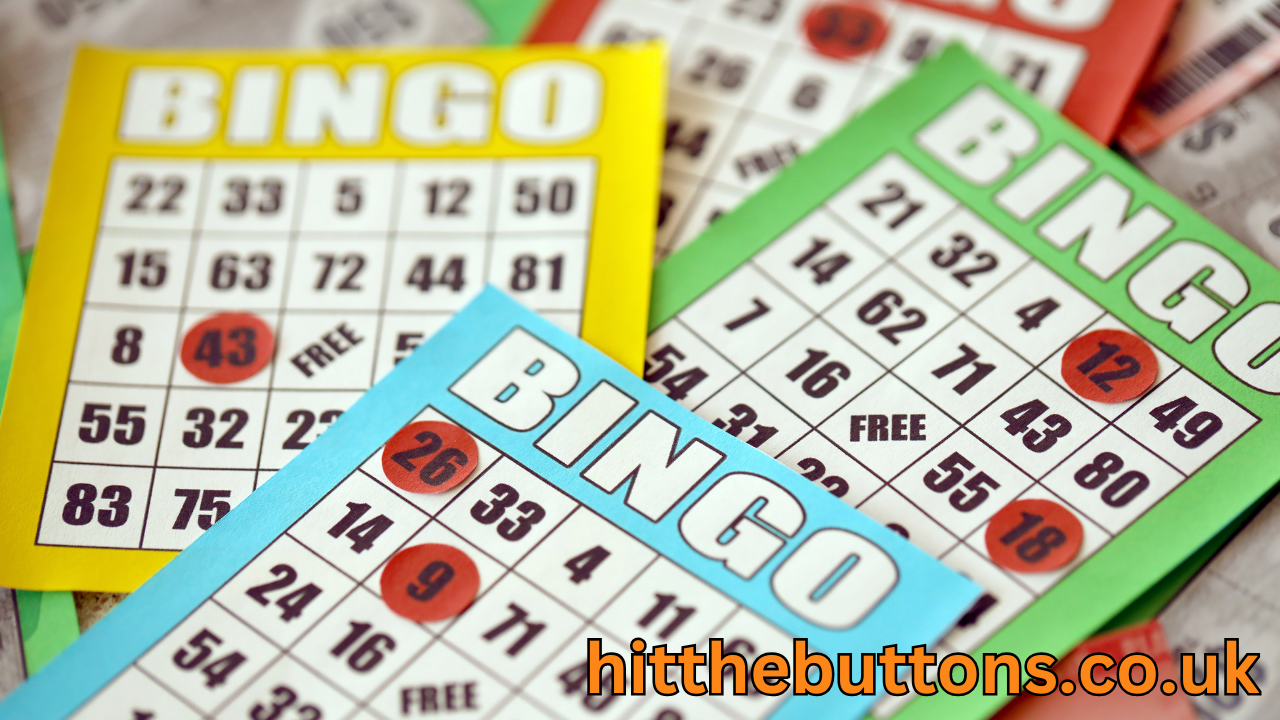Math Bingo is more than a pastime; it’s an innovative way to turn numbers into an enjoyable and rewarding experience. Math Bingo Math Game blends learning with fun, offering a refreshing take on math practice for learners of all ages.
Introduction to Math Bingo
A Brief Overview of Math Bingo
Math Bingo combines the classic excitement of bingo with the intellectual stimulation of solving math problems. Each player has a card filled with answers to math questions, and the caller presents problems for players to solve. If the answer matches a number on their card, it’s marked off until someone completes a bingo pattern. This game is a fun and engaging way to improve math skills quickly while keeping participants focused and motivated.
Combining Learning and Entertainment
This activity seamlessly merges education with entertainment, helping kids build math proficiency while enjoying a lighthearted game.
The Basics of Math Bingo
Materials Needed
Math Bingo doesn’t require a lot of supplies, making it accessible to almost anyone.
- Printable Bingo Cards: Available online or easily made at home.
- Dry Erase Markers and Alternatives: Use these for reusable cards, or stick to pencils for one-time use.
Common Rules to Follow
The game is simple. The caller announces a math problem, and players solve it to see if the answer is on their card. The first to achieve the designated pattern wins!
Benefits of Playing Math Bingo
Enhancing Arithmetic Skills
Players strengthen their arithmetic skills in an engaging format.
- Addition and Subtraction Practice: Perfect for younger learners.
- Multiplication and Division Drills: Ideal for older kids and advanced practice.
Encouraging Quick Thinking
The competitive element motivates participants to solve problems rapidly, improving mental math abilities.
Building Confidence in Problem Solving
Repeated success in a game-based format boosts confidence, especially for those who find math intimidating.
How to Create Your Own Math Bingo Game
Designing the Bingo Cards
Custom cards can cater to different skill levels and math concepts.
- Adding Variety to the Math Problems: Mix in different operations for an engaging challenge.
- Adapting for Different Skill Levels: Adjust the difficulty based on the age group.
Making it More Interactive
Introduce timers, group challenges, or other creative elements to keep players on their toes.
Variations of Math Bingo
Algebra Bingo for Advanced Learners
Include equations and expressions instead of simple arithmetic.
Geometry-Themed Math Bingo
Incorporate shapes, angles, and area calculations for a fresh twist.
Fractions and Decimals Twist
Focusing on fractions and decimals can help players master more complex topics.
Why Teachers and Parents Love Math Bingo
An Engaging Classroom Tool
Teachers find it to be an effective method to reinforce lessons in a group setting.
A Fun Family Activity
Parents appreciate how Math Bingo transforms study time into family bonding time.
Tips to Make Math Bingo More Exciting
Incorporating Prizes and Rewards
Small rewards, like stickers or treats, add an extra layer of motivation.
Hosting Themed Math Bingo Nights
Theme-based sessions (e.g., Halloween Math Bingo) keep the excitement alive.
Common Challenges and How to Overcome Them
Keeping Younger Kids Focused
Use colorful cards, shorter rounds, and interactive elements to maintain their attention.
Balancing Difficulty for Diverse Skill Levels
Create separate cards for different age groups or allow teamwork to level the playing field.
Inspiring a Lifelong Love for Math
Using Games to Build Positive Associations
Interactive math activities create enjoyable memories, fostering a lasting appreciation for numbers.
Encouraging a Growth Mindset Through Fun Activities
Learning through games emphasizes effort and improvement over perfection.
Conclusion
Math Bingo offers an unparalleled opportunity to make learning math a joyous experience. It encourages critical thinking, strengthens skills, and creates positive connections with numbers—all while having a blast.
Math Bingo Math Game FAQs
-
What age group is Math Bingo suitable for?
It’s versatile and can be tailored for ages 5 and up.
-
How can I adapt Math Bingo for younger children?
Use simpler problems and more visual aids to cater to their developmental stage.
-
Are there online resources to download Math Bingo templates?
Absolutely! Many websites provide free and customizable templates.
-
How often should Math Bingo sessions be held for optimal benefit?
Once or twice a week works well to reinforce skills without causing burnout.
-
What are some creative ways to reward players?
Rewards can range from certificates to small prizes, or even additional playtime.
